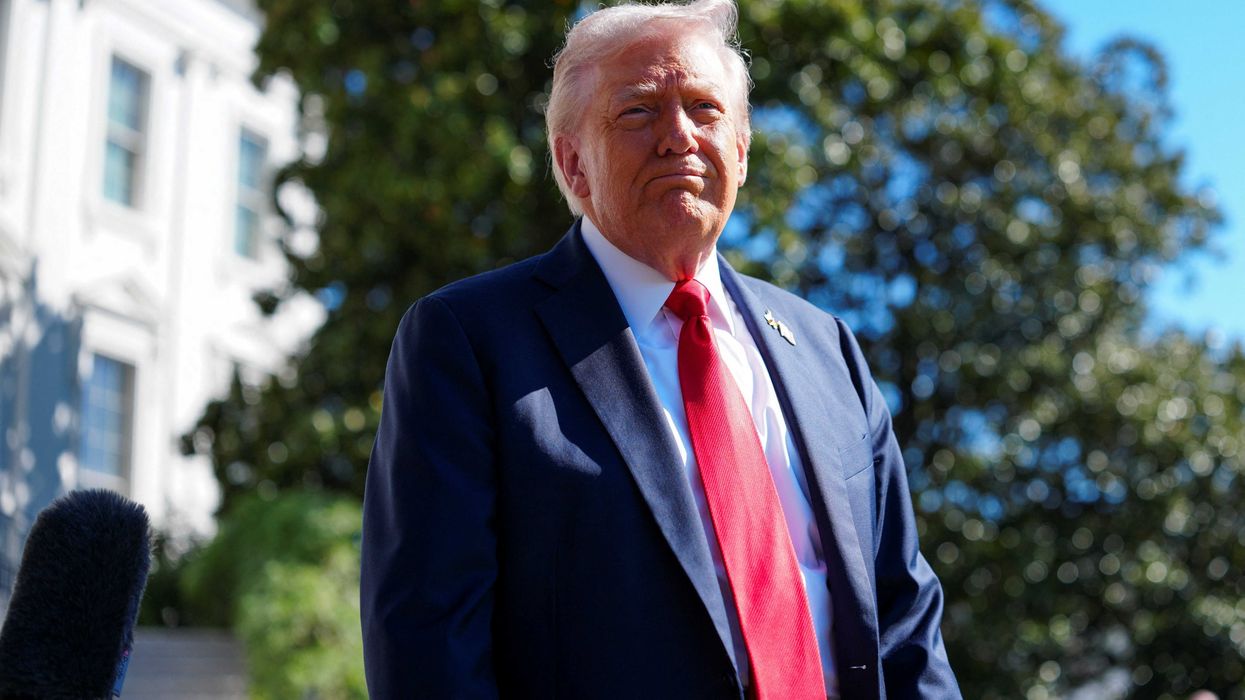When conservative/libertarian Sen. Rand Paul (R-Kentucky) and Rep. Thomas Massie (R-Kentucky) voted "no" on President Donald Trump's Big, Beautiful Bill Act of 2025, their motivations were much different from all the Democratic lawmakers who voted against it. Paul and Massie argued that the bill would cost taxpayers too much money, and they are worried about how much it will add to the federal deficit.
Those GOP lawmakers aren't the only ones who are voicing their concerns about the deficit. MSNBC's Joe Scarborough, a Never Trump conservative, often attacks the Big, Beautiful Bill as a recipe for exploding a national debt that, he warns, could pose significant problems for the U.S. economy if isn't brought under control.
Maya MacGuineas, president of the Committee for a Responsible Federal Budget, lays out some reasons why the deficit is problematic in an op-ed published by MSNBC on November 2.
"There are two fundamental fiscal truths: America has a debt problem, and dealing with the debt will not be easy," MacGuineas warns. "So far, our leaders are not coming to terms with the facts. The numbers speak for themselves. In the fiscal year that just ended on September 30 — the last date for which the federal government was funded — the deficit was largely unchanged from its fiscal 2024 level: $1.8 trillion. In other words, despite the Trump Administration's focus on cost cutting in the federal government and all the additional revenue coming from tariffs, the deficit is still as large as it was a year ago."
MacGuineas adds, "All told, federal spending from January 2025 to September 2025 is up about 2 percent from the same period in 2024."
As the deficit continues to grow, MacGuineas stresses, it will grow increasingly dangerous for the U.S. economy.
"Americans should be concerned with the dismal state of our fiscal situation," MacGuineas writes. "It will take tough choices and trade-offs to slow the growth in spending or otherwise raise revenue to the point that our national borrowing is sustainable. Ideally, our leaders would do that before it is too late."
Read Maya MacGuineas' full MSNBC op-ed at this point

